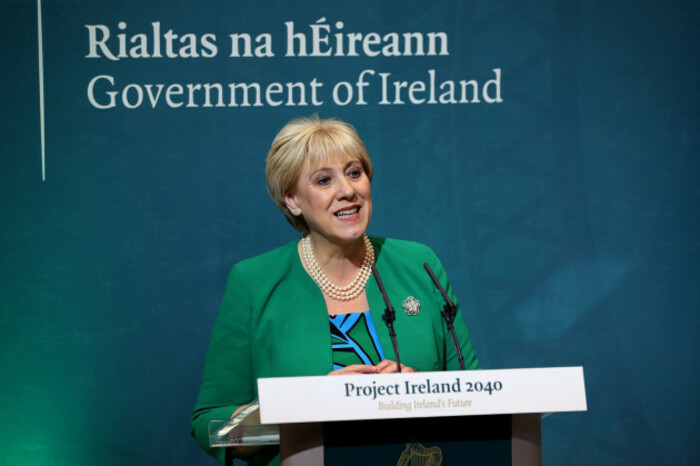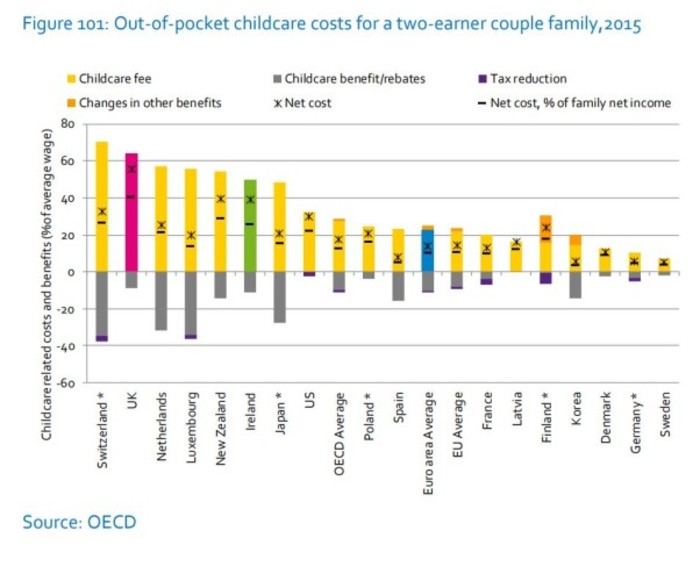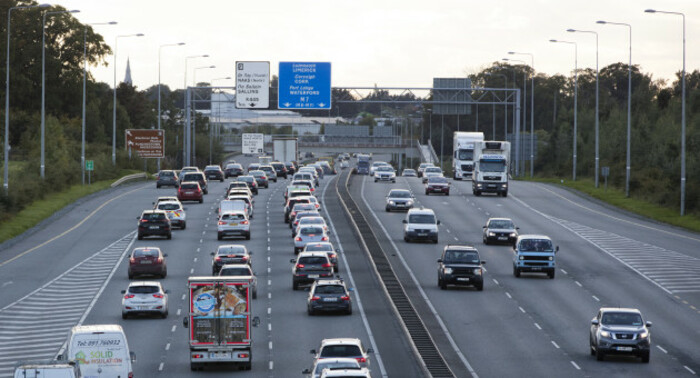Access to affordable childcare would help plug skills gaps - and bring down business costs
The national competitiveness watchdog has branded Ireland ‘high-cost and rising’.
IF IRELAND WANTS to become a more desirable place to do business, then the State must offer access to affordable, high-quality childcare.
That’s according to the latest cost of doing business report published by the National Competitiveness Council.
According to the State body, which reports to the Minister for Business, Enterprise and Innovation, Ireland remains an expensive location in which to do business, with a price profile that is described as “high-cost and rising”.
There are a myriad of factors that drive up business costs in this country, from high residential rents, to high-cost financial credit, to above-EU average consumer prices.
Although labour cost growth has been “modest” in recent years, especially compared to both the UK and other EU member states, it’s likely that wages will rise at a faster pace this year and next as the economy nears full employment and skills shortages emerge.
“As the labour market tightens further, upward pressures on labour costs can be expected in several sectors as skills shortages have emerged and these, in turn, have some knock-on implications for wage demands,” the council said in the report.
 Business Minister Heather Humphreys
Business Minister Heather Humphreys
To help plug skills gaps that have implications for labour costs and productivity, the State should address the cost of childcare, which is among the highest in the OECD area.
“Insufficient access to affordable, full-time childcare in Ireland is a factor in deterring female labour market participation”, the National Competitiveness Council said.
“The availability of financially accessible, high-quality childcare would help to address skills shortages and would improve Ireland’s overall attractiveness as a location to work and live.”
Above average costs
Gross childcare fees in Ireland are well above EU and OECD averages and are the eighth highest in the OECD overall.
For single parents earning half of the 2016 average wage of €36,900 and who have two children, Ireland is the most expensive OECD location for childcare.
The average cost per week per child for preschool children is €118. The average weekly cost per primary school child is €73. From ages zero to 12, the average cost per child per week is €96.
The National Competitiveness Council noted that there is “considerable divergence” between the capital and other parts of country in terms of childcare costs. The average weekly cost per child in Dublin is €150. At €83, it is lowest in the south-east.

Click here to view a larger version
Other issues
There are several other factors that contribute to Ireland’s reputation as an expensive place in which to do business.
While the supply of credit has “improved significantly” since the economic crash, the cost of credit remains relatively high, particular for small- and mid-sized businesses.
“A concentrated lending market and higher credit risk premiums has led to higher interest rates.
“It is important that debt levels continue to be reduced. increasing competition in the lending market and further diversifying the funding models remain key medium-term challenges,” the council recommended.
A lack of affordable residential housing has affected the country’s ability to attract and retain talent – a major headache for SMEs in particular – and can also “indirectly impact on enterprise costs and influence the competitiveness of Irish goods and services”.
The National Competitiveness Council also highlighted the need to deliver “a suite of competitively prices world-class infrastructure”, especially in areas such as energy, transport and water, in order to “support competitiveness in the medium-term”.
Ireland’s comparatively high dependence on cars and the return to economic growth has put pressure on transport infrastructure which “manifests itself in increased journey times, traffic congestion and increased emissions”.
“These are pinch points for business and workers that not only affect existing firms, but also impact the State’s attractiveness as an investment location and as a location providing well-being of its citizens.”

Businesses in this country also experience “a range of hidden costs” like expenses associated with planning and payment delays, labour law compliance, transaction costs and insurance.
Although the National Competitiveness Council recommended that policymakers remain cautious when intervening to influence prices in competitive markets.
It noted that “well targeted State intervention to address deficiencies in infrastructure provision and address market failures remains important”.






